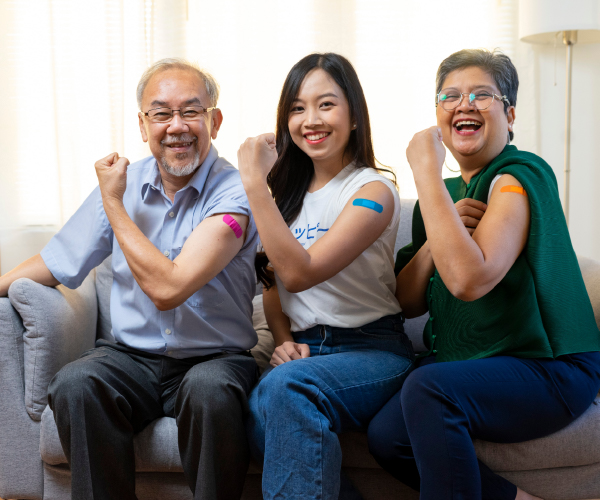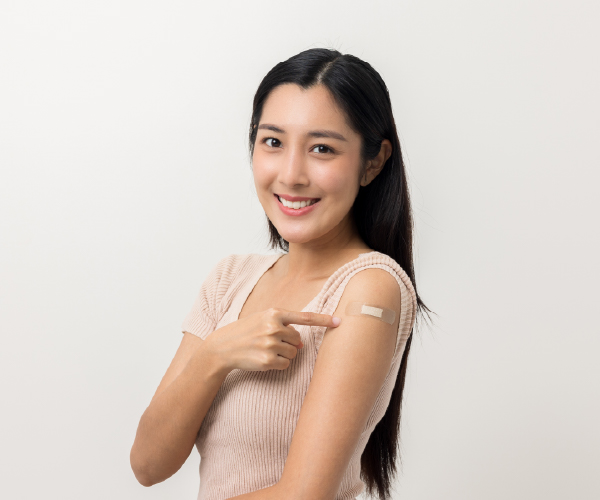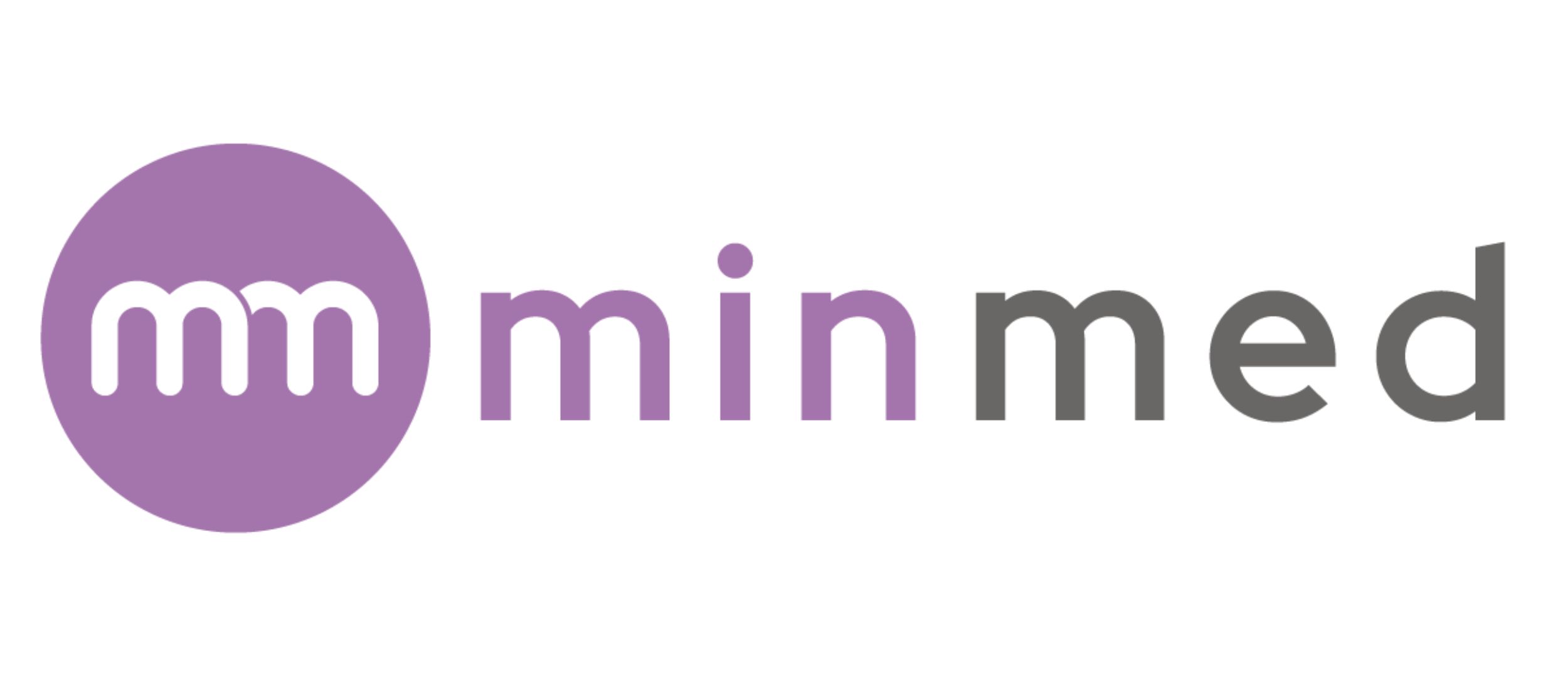Shingles Vaccine
The Shingles Vaccine is a vaccine used to protect against shingles.
Shingles is a painful skin rash caused by the reactivation of the varicella-zoster virus along nerve roots. The shingles vaccine is designed to reduce the risk of developing shingles or to decrease the severity and duration of the rash. For more information about the Shingles vaccine, visit HealthHub.
$469 inclusive of GST


Who Should Take The Shingles Vaccine?
- • Adults aged 50 and above
- • Adults aged 18 and above with weakened immune systems
- • Individuals who have previously had shingles
- • Individuals with chronic medical conditions
Benefits Of The Shingles Vaccine
-

Prevents Painful Symptoms
Stops the onset of painful blisters, rash, and discomfort that can last for weeks.
-

Reduces Long-Term Pain
Lowers the risk of postherpetic neuralgia (PHN), a lingering pain that can last for months.

Find a Minmed Clinic near you
Frequently Asked Questions
Shingles vaccine
Yes, if you had shingles in the past, Shingles vaccine can help prevent future occurrences of the disease. There is no specific length of time that you need to wait after having shingles before you can receive Shingles vaccine. Generally, make sure the shingles rash has gone away before getting vaccinated.
Adults aged 18 and above who have weakened immune systems due to conditions like cancer, HIV, or organ transplantation should consider the vaccine. It is also suitable even for those who have had shingles before.
Shingles vaccine is a vaccine to prevent shingles (herpes zoster) and its complications, such as postherpetic neuralgia. It is recommended for adults aged 50 and older, and for adults aged 18 and older who are immunocompromised.
People currently experiencing shingles, those with severe allergic reactions to vaccine components, and individuals without immunity to the varicella-zoster virus (chickenpox) should avoid shingles vaccine. Pregnant or breastfeeding individuals are also advised to delay vaccination.
Shingles vaccine is approved for adults aged 18 and older who are at increased risk of shingles due to immunodeficiency or immunosuppression caused by a medical condition or treatment. This includes individuals with weakened immune systems from diseases or therapies that suppress immune function.
It is given as an intramuscular injection in the upper arm. The complete vaccination series consists of two doses, with the second dose given 2 to 6 months after the first.
The Shingles vaccine is safe and effective, having undergone rigorous clinical trials.
The Shingles vaccine can provide strong protection against shingles and postherpetic neuralgia (PHN), the most commonly occurring shingles complication.
Common side effects include pain, redness, and swelling at the injection site, as well as fatigue, fever, headache, and nausea. Severe allergic reactions are rare.
The Shingles vaccine is administered in 2 doses, typically 2 to 6 months apart. Studies show that protection lasts for at least 10 years, providing long-term defence against shingles and its complications.
While no vaccine offers 100% protection, individuals who develop shingles after vaccination typically experience milder symptoms and fewer complications.
